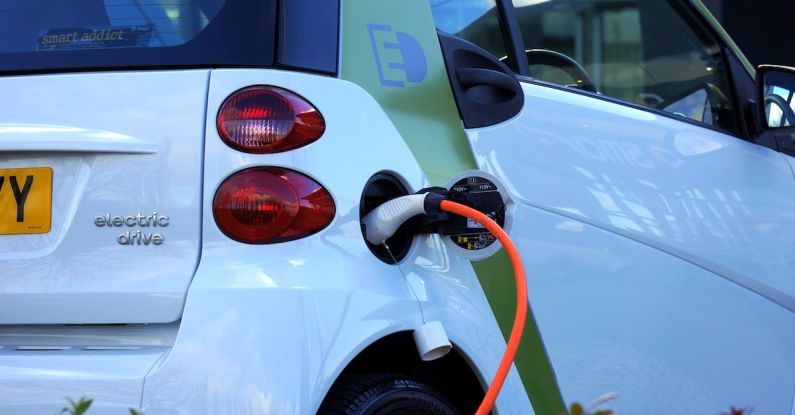What Are the Advancements in Electric Vehicle Technology?
Electric vehicles (EVs) have come a long way since their inception. With advancements in technology, EVs have become more efficient, reliable, and accessible than ever before. In this article, we will explore some of the key advancements in electric vehicle technology that are shaping the future of sustainable transportation.
Improved Battery Technology
One of the most significant advancements in electric vehicle technology is the development of improved battery technology. Over the years, researchers and engineers have made great strides in enhancing the energy storage capacity and charging efficiency of EV batteries.
Lithium-ion batteries, which are widely used in EVs, have seen significant improvements in terms of energy density. This means that they can store more energy in a smaller and lighter package, allowing for longer driving ranges. Moreover, advancements in battery chemistry and manufacturing processes have contributed to increased durability and reduced degradation over time.
Faster Charging Infrastructure
Another major advancement in electric vehicle technology is the development of faster charging infrastructure. Early EVs had limited charging options, and it could take hours to fully recharge the battery. However, with the deployment of fast-charging stations, EV owners can now charge their vehicles much faster and get back on the road in no time.
Fast-charging stations, also known as DC fast chargers, can deliver high-power charging rates, allowing EVs to recharge their batteries in a matter of minutes. This has significantly reduced charging times and improved the convenience of owning an electric vehicle.
Regenerative Braking Systems
Regenerative braking systems have revolutionized the way electric vehicles operate. Unlike conventional vehicles, which rely solely on friction brakes to slow down and stop, EVs can harness the kinetic energy generated during braking and convert it into electrical energy, which is then stored in the battery.
This technology not only improves the overall efficiency of the vehicle but also increases the driving range. By capturing and reusing energy that would otherwise be wasted, regenerative braking systems help EVs go farther on a single charge.
Autonomous Driving Capabilities
Advancements in electric vehicle technology have also paved the way for autonomous driving capabilities. Electric vehicles are an ideal platform for autonomous technology due to their reliance on electric motors, which provide precise control and instant torque.
With the integration of advanced sensors, cameras, and artificial intelligence, EVs can now navigate and make decisions on their own. This technology has the potential to revolutionize transportation by improving road safety, reducing traffic congestion, and increasing energy efficiency.
Increased Affordability
In the early days of electric vehicles, they were often seen as expensive and out of reach for the average consumer. However, advancements in technology and economies of scale have led to a significant reduction in the cost of electric vehicles.
Increased production volumes, improved manufacturing processes, and advancements in battery technology have all contributed to making electric vehicles more affordable. As a result, EVs are becoming increasingly accessible to a wider range of consumers, accelerating the transition to a sustainable transportation system.
In Conclusion
The advancements in electric vehicle technology have transformed the landscape of transportation. From improved battery technology to faster charging infrastructure, regenerative braking systems, autonomous driving capabilities, and increased affordability, electric vehicles are becoming a viable and sustainable alternative to traditional gasoline-powered cars.
As technology continues to evolve, we can expect further advancements in electric vehicle technology, such as solid-state batteries, wireless charging, and more efficient electric motors. These innovations will continue to drive the electric vehicle industry forward, making sustainable transportation a reality for everyone.






